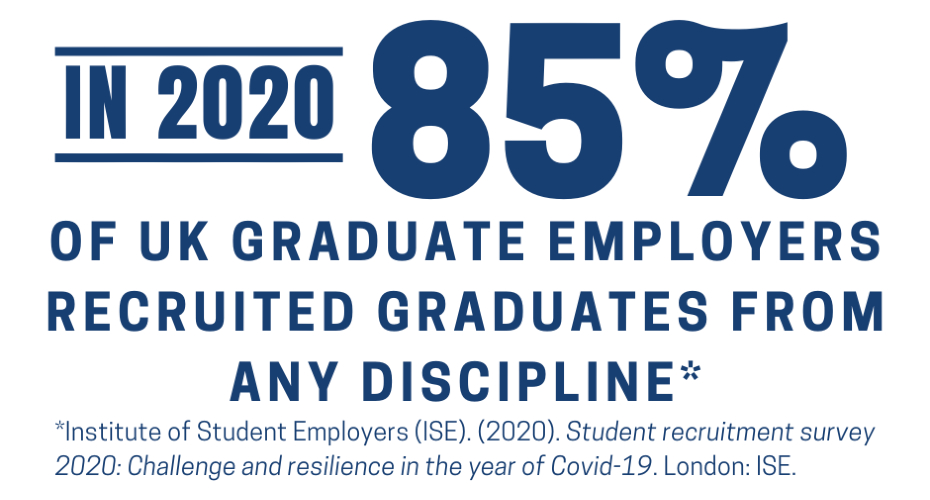.jpg)
Christian Jeraldo, MSc Mining Geology (2017)
'Do not lose your focus! Make a simple and reachable plan and keep going on it.'
Geometallurgist, Wood Plc

What can I do with a degree in Geology?
The below offers a selection of the destinations University of Exeter graduates from Geology have gone on to. The information below is not exhaustive, however it does highlight the range of job and further study options available to you after your studies.
If you would like to learn more about any of the jobs listed below you may wish to browse the job profiles on the Prospects website.
Careers with a degree in Geology
Recent Exeter Geology graduates have entered a wide range of careers. Some recent examples include:*
- Civil engineers
- Chartered surveyors
- Graphic and multimedia designers
- Physical scientists
- IT operations technicians
- Photographers, audio-visual and broadcasting equipment operators
- Laboratory technicians
- Engineering project managers and project engineers
- Engineering professionals
- Environment professionals
- Estimators, valuers and assessors
- Financial accounts managers
Many employers accept applications from graduates with any degree subject, so don't restrict your thinking to the jobs listed above.
Other resources:
- Employment sector pages
- Prospects to find out more about job profiles
- Graduate Outcomes Data to do a deep dive into the data on what Geology graduates do after their degree
- LinkedIn Exeter Geology alumni tool (you will need to be logged in to LinkedIn to access this functionality)
* Data taken from aggregating the responses from full-time, first degree, UK domiciled students who completed 2017/18 and 2018/19 Graduate Outcomes surveys (ordered from most popular to least).
Employers of Exeter alumni with a degree in Geology
Recent Exeter Geology graduates have entered a wide range of careers. Some recent examples include:*
- AECOM
- Balfour Beatty
- Dundas Titanium
- DustScan Ltd
- Fugro
- Geotechnics
- Golder Associates
- J.Murphy & Sons Limited
- Lithium Power International
- Materials Movement Ltd
- Oracle Environmental Experts Ltd
- Pantoro
- PT Patra Nusa Data
- RSK
- SLC Associates
- SRK Consulting
- Strabag
- Thani Stratex Resources
- tRIIO
Other resources:
- LinkedIn Exeter Geology alumni tool (you will need to be logged in to LinkedIn to access this functionality)
* Data taken from aggregating the responses from full-time, first degree, UK domiciled students who completed 2017/18 and 2018/19 Graduate Outcomes surveys.
Skills
An Exeter Geology degree will arm you with some great employability skills including:
- Apply knowledge and understanding to complex and multidimensional problems in familiar and unfamiliar contexts
- Produce, analyse and summarise information
- Receive and respond to a variety of information sources (textual, numerical, oral graphical)
- Communicate appropriately to a variety of audiences using written, oral and graphic methods
- Prepare, process, interpret and present data, using appropriate qualitative and quantitative techniques and packages
- Solve numerical problems using computer and non-computer based techniques
- Plan, conduct and report on investigations
- Undertake field and laboratory investigations in a responsible and safe manner
- Show sensitivity to the impact of investigations on the stakeholder
Further Study
Around 45% of Exeter graduates in Geology go on to pursue further study within 15 months of completing their undergraduate degree. Some recent progression routes include:
- MSc Applied Geotechnics
- MSc Exploration Geology
- MSc Geotechnical Engineering
- MSc Hydrogeology
- MSc Mining Engineering
- MSc Mining Geology
- MSc Surveying and Land/Environmental Management
Useful resources:
- Find a Masters
- Masters Compare
- Masters Portal
- Prospects
- University of Exeter PG Study
- LinkedIn Exeter Geology alumni tool (you will need to be logged in to LinkedIn to access this functionality)
* Data taken from aggregating the responses from full-time, first degree, UK domiciled students who completed 2017/18 and 2018/19 Graduate Outcomes surveys.
**Individual course names were taken from the University of Exeter's Career Destination survey (2018/19 & 2019/20) as this information is not collected within the Graduate Outcomes survey.
